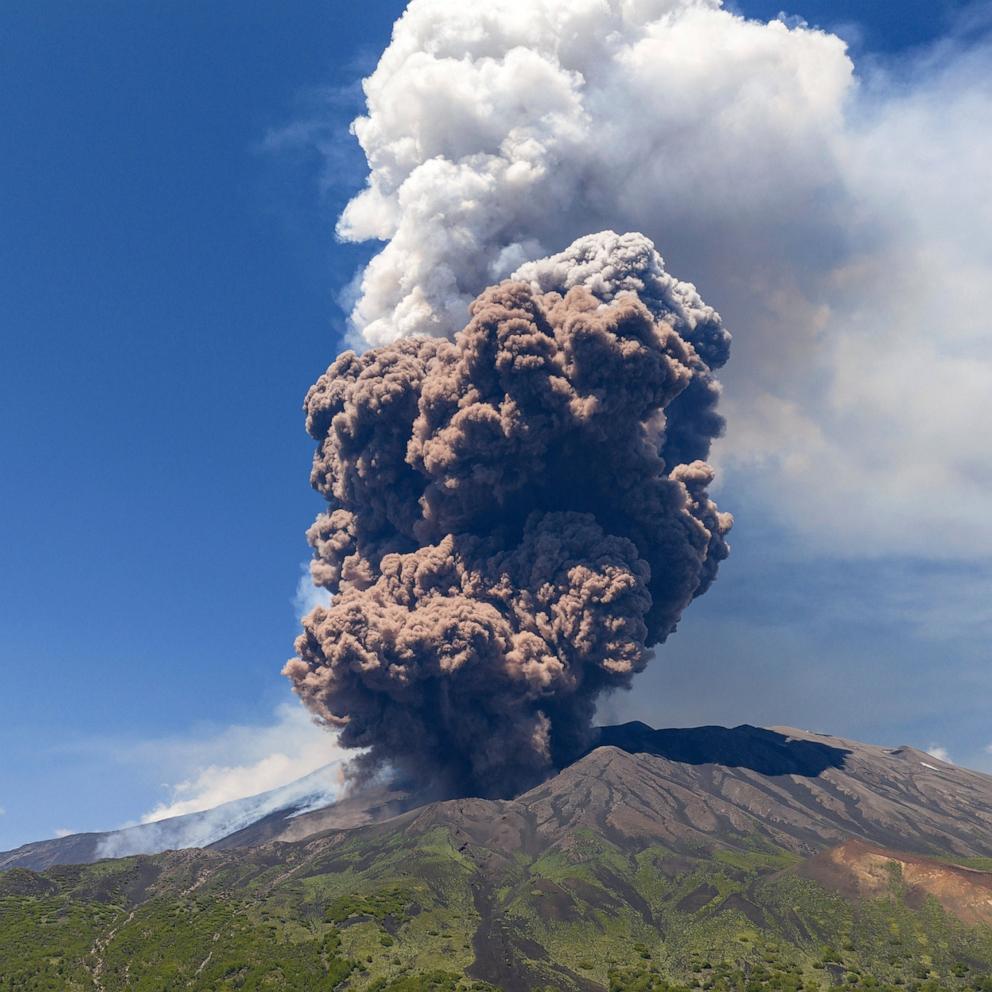US braces for potential Israeli strike on Iran even as Trump pursues nuclear deal
The Trump administration on Thursday continued to brace for significant escalation in the Middle East, as President Donald Trump sent mixed signals on how he would view an Israeli strike on Iran's nuclear facilities as the U.S. continues to pursue a diplomatic deal with Tehran.
"As long as I think there is agreement, I don't want them going in because I think that would blow it," said during an event at the White House. "It might help it actually, but it also could blow it."
Trump continued to characterize past discussions between American and Iranian negotiators as "very good," without saying whether he believed they would ultimately be able to reach an agreement.

The comments from the president are a shift from his statements last month, when he publicly revealed he had warned Israeli Prime Minister Benjamin Netanyahu against striking Iran.
"I told him this would be inappropriate to do right now because we're very close to a solution," Trump said in May. "Now, that could change at any moment -- could change with a phone call."
On Thursday, three sources familiar with the situation in the Middle East told ABC News that Israel was considering taking military action against Iran in the coming days.
The State Department also issued a sweeping security alert for Americans working or traveling in the Middle East and North Africa, advising them to "exercise increased caution."
"Historically, similar tensions have resulted in travel disruptions and increased security concerns for U.S. citizens in the region," the alert reads.
The president also acknowledged that "something could happen soon" in the region.
"I don't want to say imminent. But it looks like it's something that could very well happen," Trump told ABC News White House Correspondent Selina Wang when she asked whether an Israeli attack was imminent.
"Look, it's very simple. Not complicated: Iran cannot have a nuclear weapon," he said.

The escalating tensions in the Middle East come as U.S. officials say that the Trump administration's top negotiator, Senior Advisor and Special Envoy to the Middle East Steve Witkoff, is planning to push ahead with a sixth round of nuclear negations with Iran, scheduled to take place in Oman on Sunday.
Iranian and Omani officials have also confirmed the plans, but the potential for military action has injected significant uncertainty into the diplomatic process.
Already, negotiations had appeared to hit a wall over Iran's ability to enrich uranium, which is a red line for both sides.
U.S. officials say that American negotiators initially put forth a proposal that would allow Iran to enrich uranium at a low level for its nuclear energy program, but that the president later retracted the offer -- doubling down on his insistence that Iran be banned from any such activity.
Earlier this week, the State Department and the Pentagon began making preparations for potential escalation in the Middle East.

On Wednesday, a partial evacuation order was issued for non-essential staff at the U.S. embassy in Baghdad, while an authorized departure was issued for the American embassies in Bahrain and Kuwait --allowing some employees and family members of diplomats to leave the country ahead of their regularly scheduled rotations.
Defense Secretary Pete Hegseth has also authorized the voluntary departure of military dependents from locations across the Middle East, according to a U.S. official.
"Well, they are being moved out because it could be a dangerous place, and we'll see what happens," Trump said on Wednesday.
ABC News' Luis Martinez, Selina Wang, Hannah Demissie, John Parkinson, and Anne Flaherty contributed to this report.




